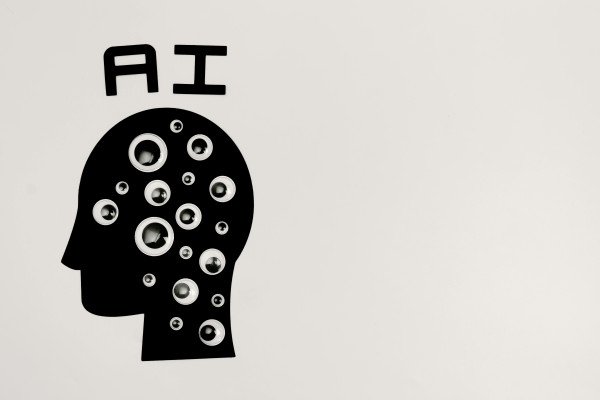1.Quality and Safety Assurance:
ISO standards ensure that AI systems are designed,developed,and deployed in ways that meet certain quality and safety criteria.This helps in mitigating risks associated with AI,such as unintended behavior or system failures.
2. Interoperability:
By providing common frameworks and protocols,ISO standards enhance the inetroperability of AI systems.This means AI technologies from different developers can work together more seamlessly,facilitating integration and collaboration across various applications and industries.
3. Ethical Guidelines:
Standards like ISO/IEC JTC1 provide guidelines on the ethical use of AI,addressing issues such as fairness,transparency,accountability,and the mitigation of biases.These guidelines help organizations develop AI systems that respect human rights and societal norms.
4. Data Management and Privacy:
ISO standards related to data management and privacy (e.g., ISO/IEC 27001 for information security) ensure that AI systems handle data responsibly.This includes secure data storage,processing, and sharing practices, which are crucial for maintaining user trust and complying with regulations like GDPR.
5. Innovation and Market Access:
By providing a common language and set of expectactions,ISO standards can reduce barriers to entry and promote innovation. Companies that comply with these standards may find it easier to access global markets and collaborate internationally.

